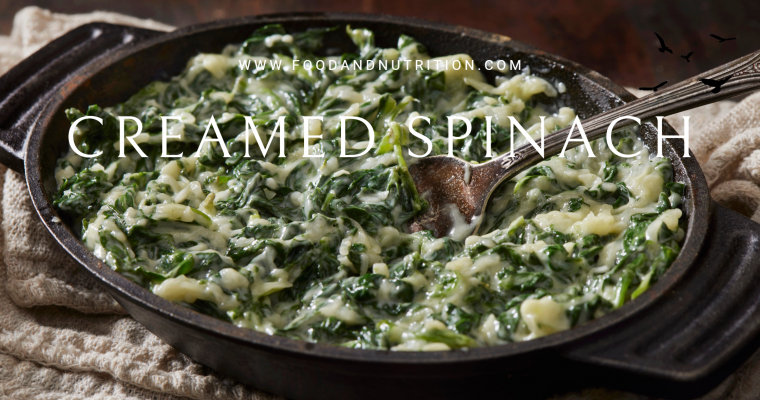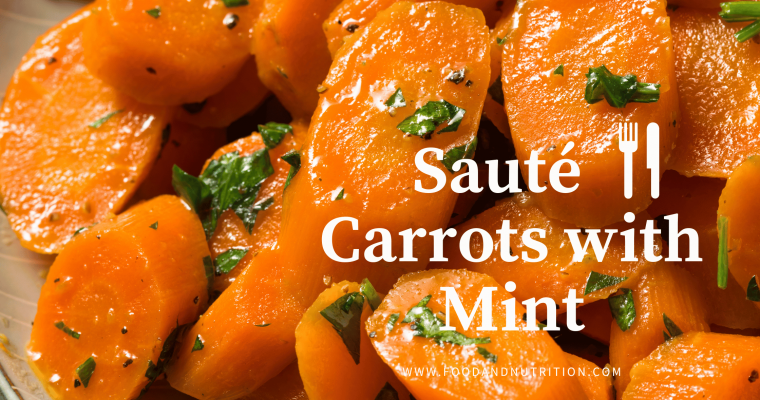Creamed Spinach: A Classic Dish with Timeless Appeal
Creamed spinach is a beloved dish that has stood the test of time. With its creamy texture, vibrant green color, and delightful flavors, it has become a staple on dinner tables around the world. In this blog post, we’ll explore the history of creamed spinach, "read more"








